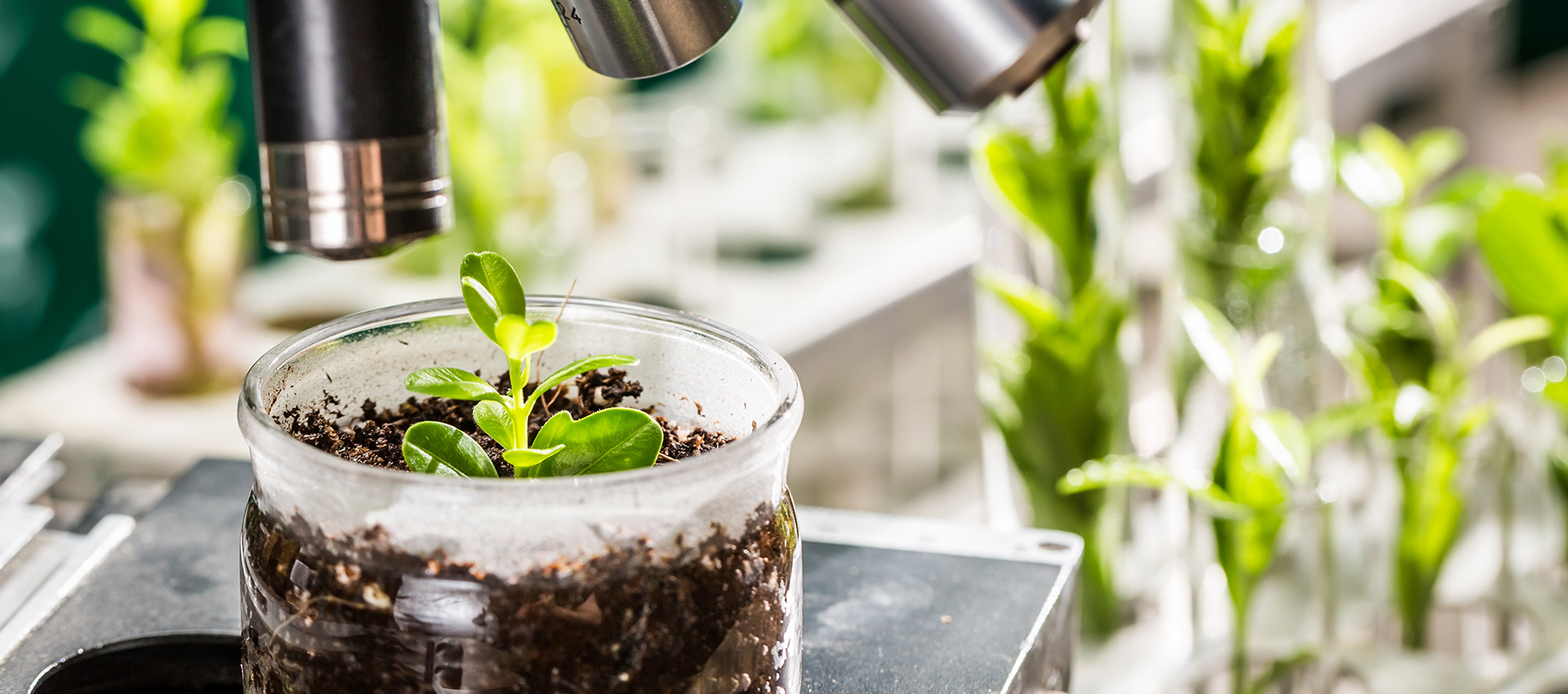Botany is the study of plants. In simple words, it is known as Plant Science. Plants include a wide variety of living organisms like single-celled algae to giant sized trees. In fact, the very inception of human civilization has its roots in man’s observation about plants. Early man lived a nomadic life. He was merely a food gatherer. He moved from one place to another in search of food. When he found scarcity of food at one place he would migrate to some other place. However, during the course of time, he realized that few grains or seeds lying on the earth grew into plants that yielded large amount of grains, fruits, etc. This led man to ponder over this and he began raising plants. This later on came to be known as cultivation of plants which ultimately led to agriculture. Since he could now produce food as per his requirement, he began living settled and organised life. Hence, it can rightly be said that roots of civilization lie in keen observations of plant behaviour by man. Plants produce a large variety of products like food grains, vegetables, fruits, fibers, wood, oil, medicines, resins, etc. that are used by man in his day to day life. Besides, plants are the lungs of the earth that keeps replenishing oxygen of the atmosphere. Also, besides fulfilling the need of food to all other living beings, plants provides raw materials for various industries. If we talk of modern development of science such as genetics, molecular biology, biotechnology and tissue culture then it began with plants. Thus, plants not only provide livelihood to man but are also used as important tools for applied science. We can rightly say that man’s everyday life revolves around plants. They also play an important role in environmental balance by formation of soil maintaining food chain. These are the only living beings that can trap the energy of the sun in form of heat and light energy and make it available to other organisms in the form of food. Hence, they are rightly termed as the producers in an ecosystem. There are various branches of botany, such as
- Morphology
- Anatomy
- Taxonomy
- Physiology
- Plant Genetics
- Plant Biochemistry
- Tissue Culture
- Plant Biotechnology
- Economic Botany
- Ethnobotany
Each of these branches has its own significance.
Dr. Smita H. Bakshi
Department of Botany
Shrimad Rajchandra Vidyapeeth.




